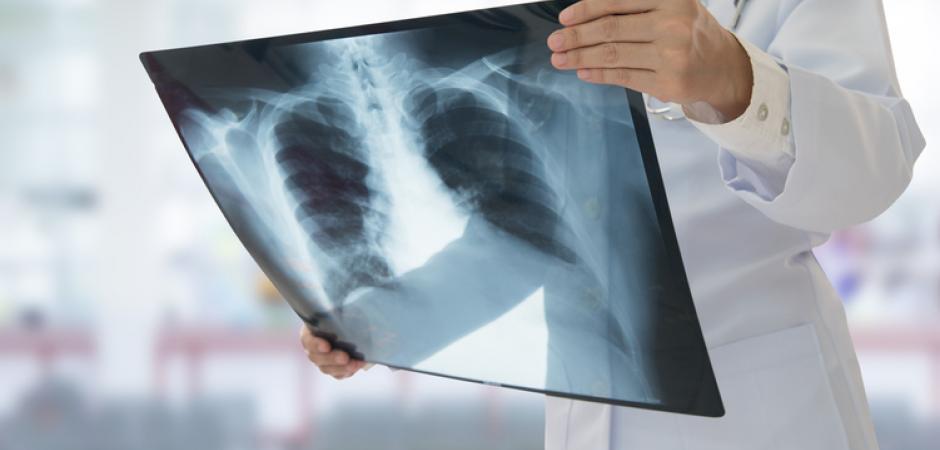
Our radiology department is open 24/7 for emergencies, with convenient scheduling for non-emergency appointments.
Our services include:
- Bone density scans (DXA scans) – used to measure bone loss, detect osteoporosis and check for other bone issues.
- Calcium scoring – a noninvasive CT scan gathers information about the presence, location and extent of calcified plaque in the coronary arteries in order to determine risk of heart attack. UT Health offers calcium scoring at the special low price of $100, with a physician referral.
- CT scans – our highly advanced 64-slice CT scanner is equipped with iDose radiation reduction software, which calculates and delivers the lowest dose of radiation possible for individuals based on their weight and age. CT scanning shows detailed 3-D images to detect blood clots, fractures, tumors, infection and the presence of disease.
- MRI (magnetic resonance imaging) – our MRI has a large opening and uses a large magnet, radio waves and a computer to produce extremely precise images of tissue inside the body.
- Nuclear medicine – this form of testing requires a low-dose radioactive tracer to be injected into the blood stream to check the function of a specific organ or area of the body with the purpose of identifying cancer, diseases and disorders or to check the response of the body to certain medical treatments. Radioactivity typically dissipates 24 hours after the test.
- Ultrasound – this imaging method allows internal organs and other structures to be observed by transmitting sound waves into the body.
- X-ray and portable X-ray imaging – advancements at UT Health Carthage mean our X-rays are completely digital, making them clearer and easier to read than ever before. Portable X-ray equipment allows us to take the technology to patient rooms, as well.

